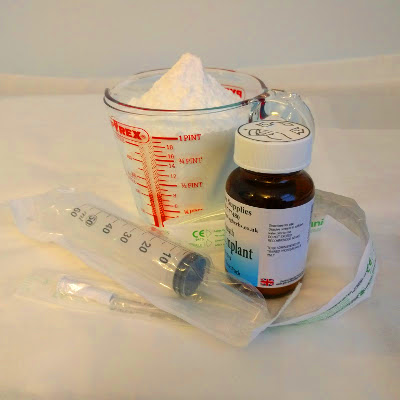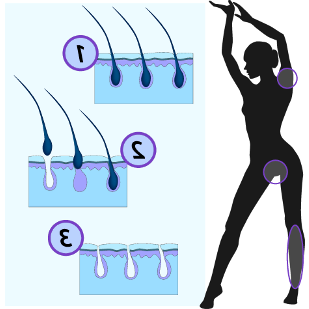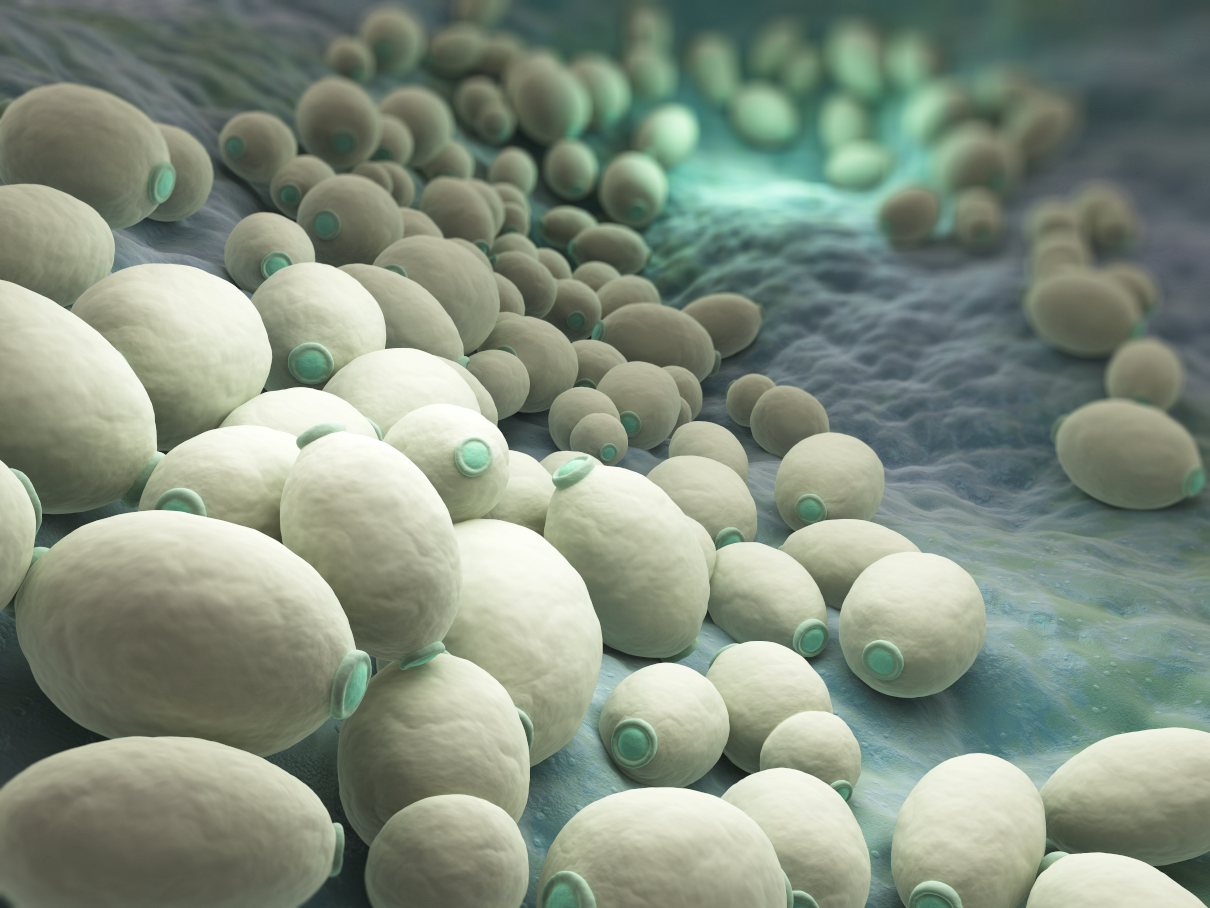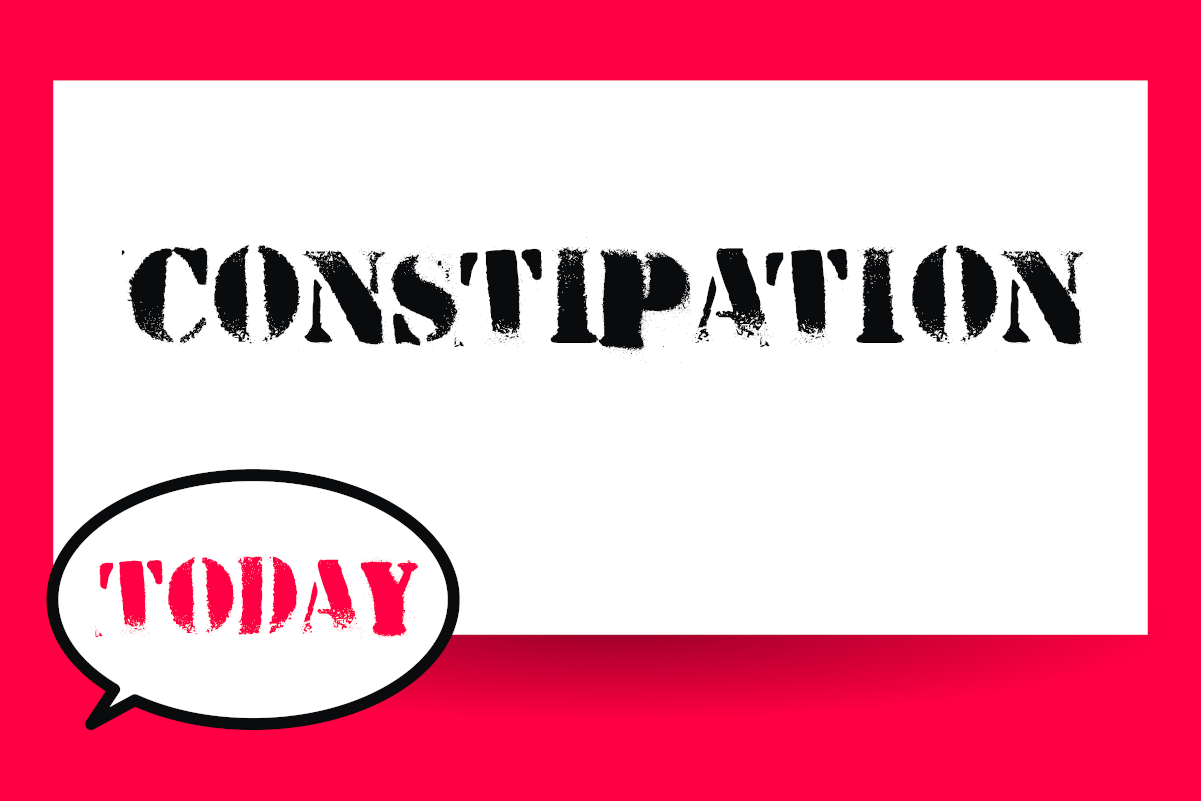
Faecal microbiology therapy (FMT) is for recurrent and severe Clostridium intractable infections (C-Diff). C-Diff is a bacterium present in some people’s intestines, and their problems can range from a mild illness with diarrhoea to a severe, life-threatening condition requiring hospitalisation.
Antibiotics are used every day to keep infections under control. However, a course of treatment like this does not significantly reduce the high recurrence rate, and it may not alleviate a painful condition.
Donors
FMT can create a colony of bacteria that more effectively suppresses C-diff. This process is a faecal donation , placing faeces from another person into the intestines of patients with C-Diff. FMT is very useful in patients who are either acutely or chronically ill and whose condition does not improve with conventional antibiotic treatment. In patients with three or more recurrences, the success rate usually reaches 90%.
To date, experience has shown that FMT is surprisingly safe. The risk of transmitting infection or disease from donor to recipient is infrequent. The dangers of FMT are mainly associated with the procedure required for grafting donor stools, such as colonoscopy or endoscopy.

Probiotic implant and colonic irrigation
Colon hydrotherapy with high-strength probiotic implant and comprehensive consultation is available at Parkland Natural Health Clinic.
FMT procedure is an effective treatment for C-Diff
Patients who require FMT are often seriously ill and sometimes are in a state that threatens their lives. However, the procedure gives hope of a final recovery to patients with incurable conditions from a medical point of view.
A conventional method is to transfer a stool sample during a colonoscopy. Ideally, the patient undergoes standard preparation for the colonoscopy.
In some cases, a more suitable method is to place a sample of faeces on top, i.e., endoscopically, where the endoscope reaches the end of the stomach.

Probiotic implant and alkalising colonic with bicarbonate of soda
Alkalising colonic irrigation with bicarbonate of soda and high strength probiotic implants and comprehensive consultation is available at Parkland Natural Health Clinic.
Procedure
Pill forms of therapy are not yet available for regular use with this procedure initially. A person mustn’t have transmitted diseases, such as hepatitis. Studies have shown that frozen stool specimens are also helpful in “curing” C-Diff.
In 2013, clinics began to receive samples from the “frozen stool bank” stored in medical centres, where they are in the right amount and are available for use if necessary. Donors undergo extensive screening, including substantial expertise, history studies, and numerous analyses, to confirm their current health.

Full arms with hands and fingers waxing
Experience the benefits of natural, gentle hair removal with Parkland Natural Health’s Brazilian waxing treatments. Full arm waxing usually removes hairs from the wrist to the elbow and up to the shoulder. This hair removal session lasts thirty minutes.











